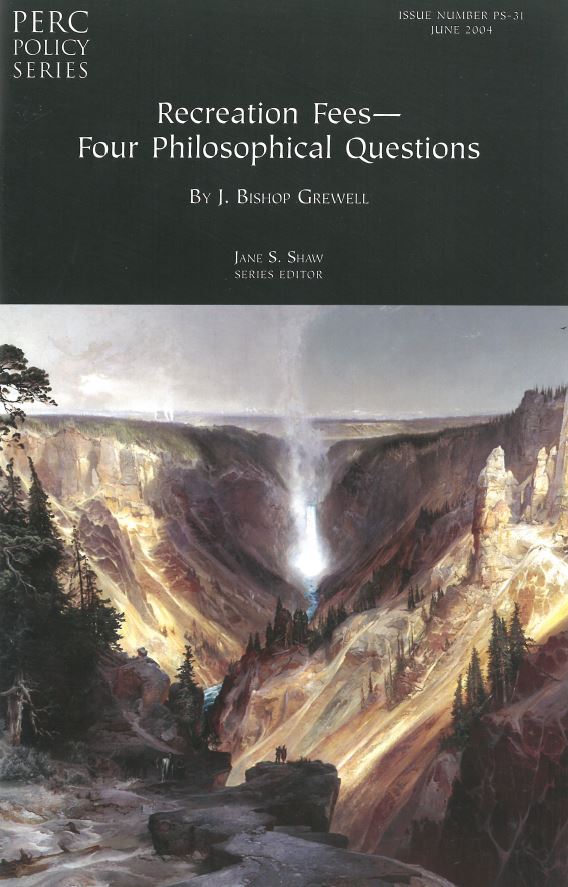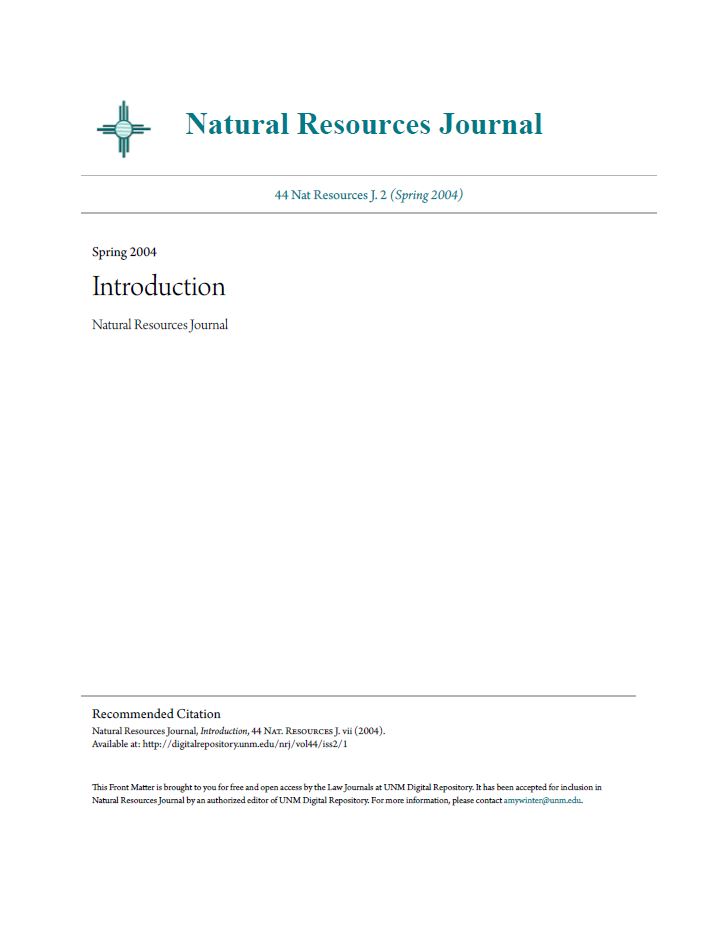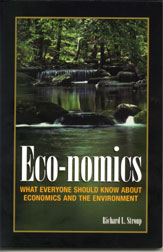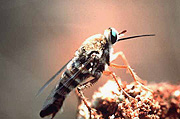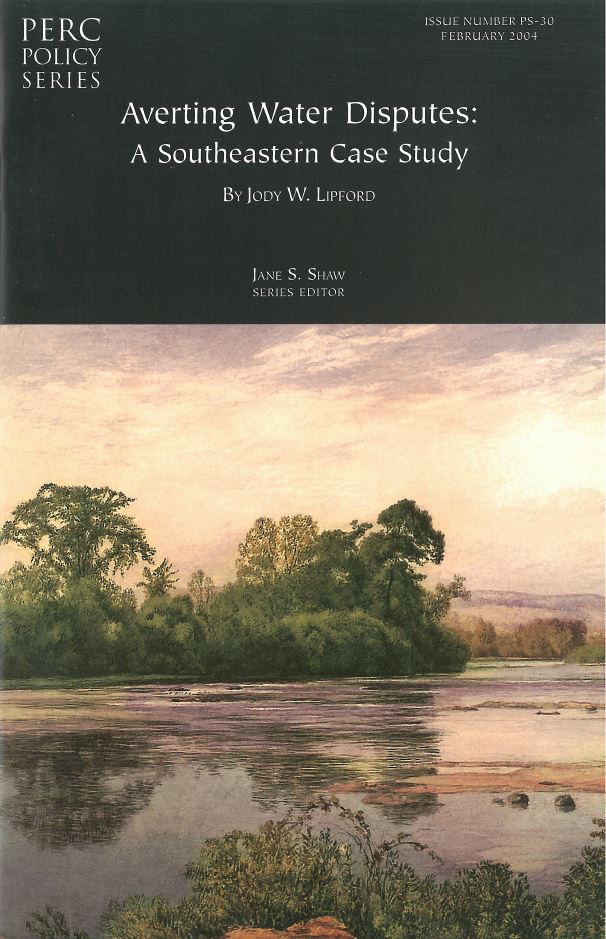In Tanzania, the Nile crocodile is probably best known for its threat to human life. Not only does it snatch villagers from the river banks, but it has even made forays onto the lawns of tourist lodges in search of a tasty meal. In other parts of the world, however, it is known for itsContinue reading “Farming Man-Eaters”
Author Archives: admin
Solutions for the Klamath Basin
Conference Organized by PERC Klamath Falls, Oregon June 8, 2004 Summary The Klamath Basin conflict between endangered fish and farmers stems from a failure to establish who actually owns the water. The establishment and clarification of ownership rights may help resolve matters. The Property and Environment Research Center hosted a June 8 conference in KlamathContinue reading “Solutions for the Klamath Basin”
Recreation Fees: Four Philosophical Questions
Beginning in 1996, the federal government started raising (and in some cases newly instituting) recreation fees on public lands and using them at the sites where they were collected. This Fee Demonstration Program, which is scheduled to end in 2004, has sparked a debate over ethical and practical issues.
2004 Index of Leading Environmental Indicators, Ninth Edition
From the Pacific Research Institute and the American Enterprise Institute Full Text PDF PUBLIC LAND MANAGEMENT By Holly Lippke Fretwell Four federal land management agencies oversee an estate of 614 million acres, an area more than six times the size of California with an estimated value exceeding $150 billion. Despite this wealth of resources, thereContinue reading “2004 Index of Leading Environmental Indicators, Ninth Edition”
Environmental Kuznets Curves: An Update
Executive Summary Since 1991, when economists first reported a systematic relationship between income changes and environmental quality, the Environmental Kuznets Curve (EKC) has become standard fare in technical conversations about environmental policy (Grossman and Krueger 1991). EKCs are statistical artifacts that summarize a few important aspects of collective human behavior in two-dimensional space. AContinue reading “Environmental Kuznets Curves: An Update”
Private Land Conservation
In the University of New Mexico School of Law’s Natural Resources Journal, PERC scholars examine the Valles Caldera Trust and other examples of voluntary stewardship.
Accounting for Species:
Executive Summary By Randy T. Simmons and Kimberly Frost Arational public dialogue about the value and effectiveness of the Endan- gered Species Act (ESA) must consider the costs incurred by the regulators and those being regulated. The U.S. Fish and Wildlife Service�??s report Three-Year Summary of Federal and State Endangered Species Expenditures, Fiscal Years 1998-2000Continue reading “Accounting for Species:”
Anthony Fisher Award Presented to Eco-nomics
Eco-nomics What Everyone Should Know About Economics and the Environment Order the Book CHICAGO – April 28, 2004-The Atlas Economic Research Foundation presented its 2004 Sir Antony Fisher International Memorial Award to PERC, the Property and Environment Research Center, of Bozeman, Montana, today. The award was given for the book Eco-Nomics: What Everyone ShouldContinue reading “Anthony Fisher Award Presented to Eco-nomics”
Accounting for Species:
By Randy T. Simmons and Kimberly Frost Executive Summary About the Authors Introduction [[{“type”:”media”,”view_mode”:”media_original”,”fid”:”7202″,”attributes”:{“alt”:””,”title”:””,”class”:”media-image”,”typeof”:”foaf:Image”,”style”:”width:180px;height:119px;float:left;margin:0 1em 1em 0;”,”wysiwyg”:1}}]] Without accurate figures for the costs of the Endangered Species Act, the ongoing public debate over whether the law is effective will be a misinformed one. This study, Accounting for Species, contributes to the debate by analyzing theContinue reading “Accounting for Species:”
Averting Water Disputes: A Southeastern Case Study
With abundant rainfall, the southeastern United States has rarely experienced conflicts over the allocation of water. But that is changing. As population grows, the demand for water grows, and when periodic drought occurs, disputes can result.

